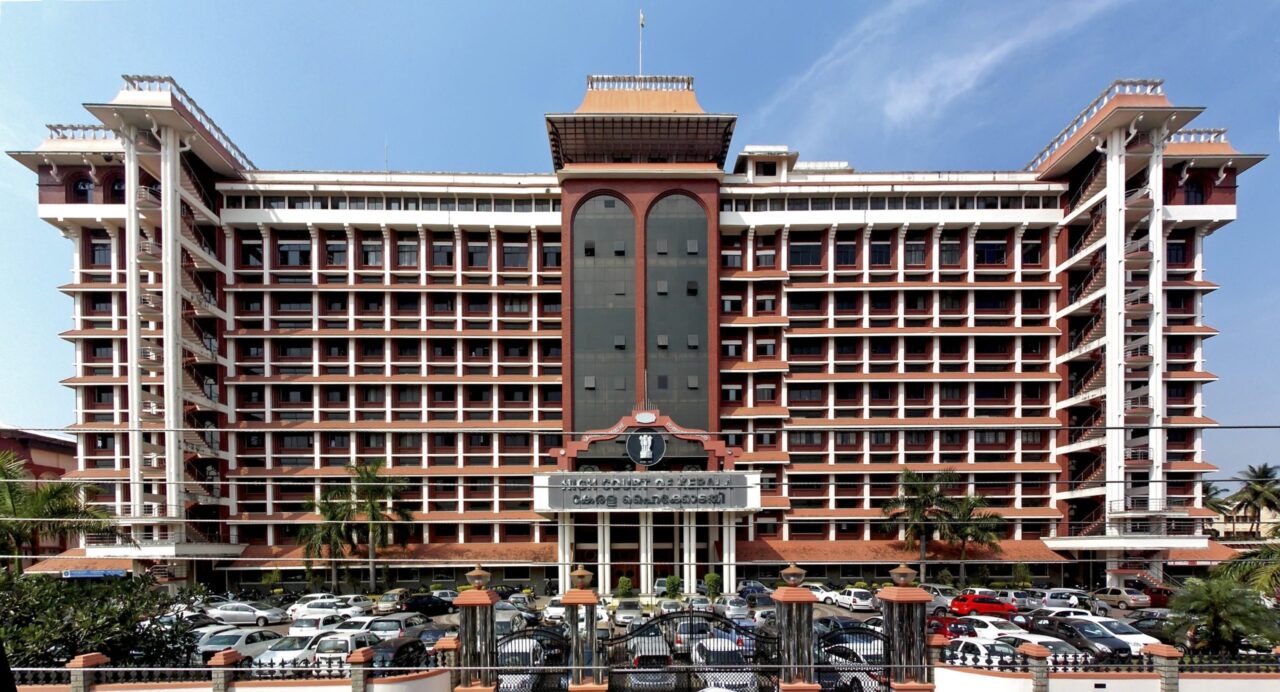Case Title: Sabu Varghese v. Viju P Varghese
Case No: WA NO. 1929 OF 2023
Decided on:11th January, 2024
CORAM: Hon’ble Mr. Justice Amit Rawal And Mrs. Justice C.S. Sudha
Facts of the Case
The appeal was filed as WA No. 1929 of 2023 in response to a writ petition (W.P(C).No.35727/2019) in which the respondent No.1, Sri. Viju P. Varghese, contested the elevation of the 5th respondent (appellant) to the position of Senior OCIOA (Operator Cum Input/Output Assistant) in the Cochin Port Trust. In its judgement dated 19.10.2023, the Single Bench accepted the claims of respondent No.1, issuing several directions, including quashing the 5th respondent’s promotion order (Exhibit P7) and requiring reconsideration of the promotion in favour of the petitioner.
The respondent No.1 alleges that the 5th respondent, despite being senior on the OCIOA list, did not fulfil the service conditions due to an order dated 08.02.2016 penalising him for unauthorised absence. Respondent No. 1 asserted that the 5th respondent’s eligibility for advancement should be impacted because of this absence. The fifth respondent contended that the punishment was insignificant and had no bearing on his eligibility, citing Fundamental Rule 17A and Rule 27 of the CCS Pension Rules.
The Court confirmed the Single Bench’s conclusion in its analysis, emphasising the undisputed character of the order penalising the 5th respondent and interpreting Fundamental Rules 17A and 27 to warrant the determination that the absence amounted to an interruption in service. As a result, the Court rejected the appeal, upholding the decision of the Single Bench in favour of respondent No.1.
Legal Provisions
The primary legal provisions at issue in this case are Fundamental Rule 17A and Rule 27 of the Central Civil Services (Pension) Rules, 1972. Fundamental Rule 17A addresses unauthorised absence and states that, unless otherwise determined by the responsible authority, such absence constitutes an interruption or disruption in service. It distinguishes between various sorts of unauthorised absence, such as absence during an unlawful strike or desertion of duty, and highlights the repercussions for service continuation. Rule 27 of the CCS Pension Rules, on the other hand, focuses on the effect of service interruption, specifying conditions under which an interruption results in forfeiture of past service as well as exceptions to this rule, such as authorised leave, suspension followed by reinstatement, and joining time during a transfer.
Issues
The legal issue in the case is around how these regulations should be interpreted and applied in the context of respondent No.1’s (petitioner in the writ petition) demand for promotion to the position of Senior OCIOA. The respondent No.1 contends that the appellant/respondent No.5’s unauthorised absence, as per the uncontested decision of 18.02.2016 (Ext.P3), should be regarded an interruption in service, impacting his eligibility for promotion. The appellant, on the other hand, claims that the absence did not constitute a break in service under Rule 27, and that the punishment imposed was just a censure, which should not prevent him from being promoted. The court must decide whether the unauthorised absence constituted a break in service, affecting the appellant’s eligibility and seniority for advancement to the Senior OCIOA post.
Courts analysis and decision
The appeal stems from Writ Petition (Civil) No. 35727/2019, which challenges a Single Bench decision dated October 19, 2023. The petitioner, respondent No. 1 in the appeal, requested the revocation of certain directives concerning the elevation of the fifth respondent to the position of Senior OCIOA. The petitioner’s arguments were approved by the Single Bench, which issued many directions, including the revocation of the impugned decisions and asking the respondents to reexamine the petitioner’s elevation. The judgement was based on the determination that the fifth respondent’s unauthorised absence, as established by an order dated 18.02.2016 (Ext.P3), made him ineligible for promotion under the relevant Fundamental Rule 17A and Rule 27 of the CCS Pension Rules.
The appellant, respondent No.5, challenged the judgement, claiming that his unauthorised absence had no bearing on his promotion eligibility. The appellant used Rule 27 and claimed that the punishment imposed by Ext.P3 did not represent an interruption in service for the purposes of promotion. The appellant went on to say that his absence was covered by authorised leave and had no impact on his seniority. However, after analysing the relevant regulations and the unquestioned character of Ext.P3, the Division Bench supported the Single Bench’s ruling. The court agreed with the petitioner’s claims that the unauthorised absence, as stated in Ext.P3, did represent an interruption in employment for promotion reasons. As a result, the appeal was rejected, confirming the Single Bench’s decision.
In brief, the Division Bench upheld the Single Bench’s judgement, emphasising the impact of the uncontested order (Ext.P3) on the appellant’s promotion eligibility and dismissing the appellant’s Rule 27 and authorised leave arguments.
“PRIME LEGAL is a full-service law firm that has won a National Award and has more than 20 years of experience in an array of sectors and practice areas. Prime legal fall into a category of best law firm, best lawyer, best family lawyer, best divorce lawyer, best divorce law firm, best criminal lawyer, best criminal law firm, best consumer lawyer, best civil lawyer.”
Written by- Aastha Ganesh Tiwari


